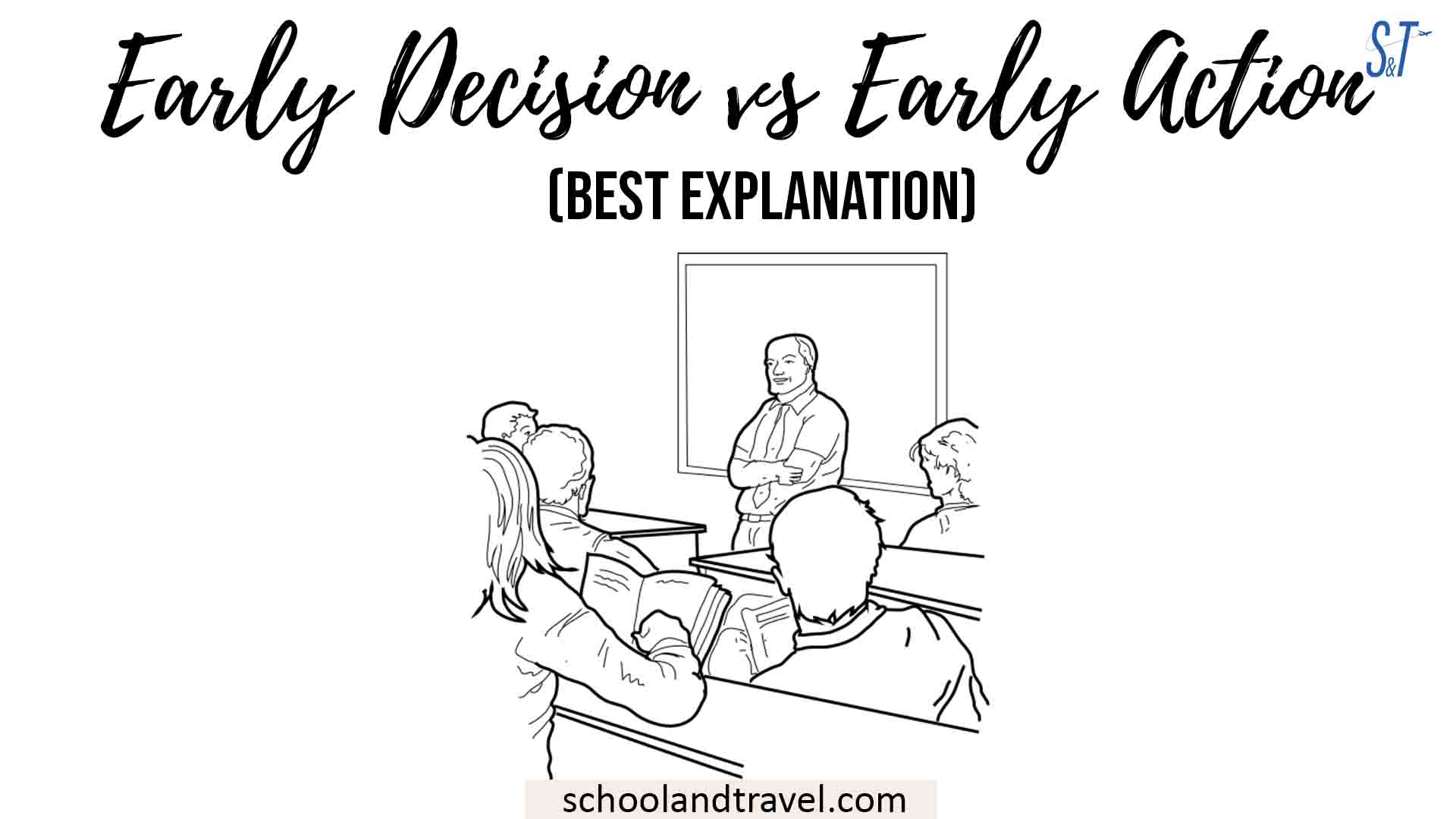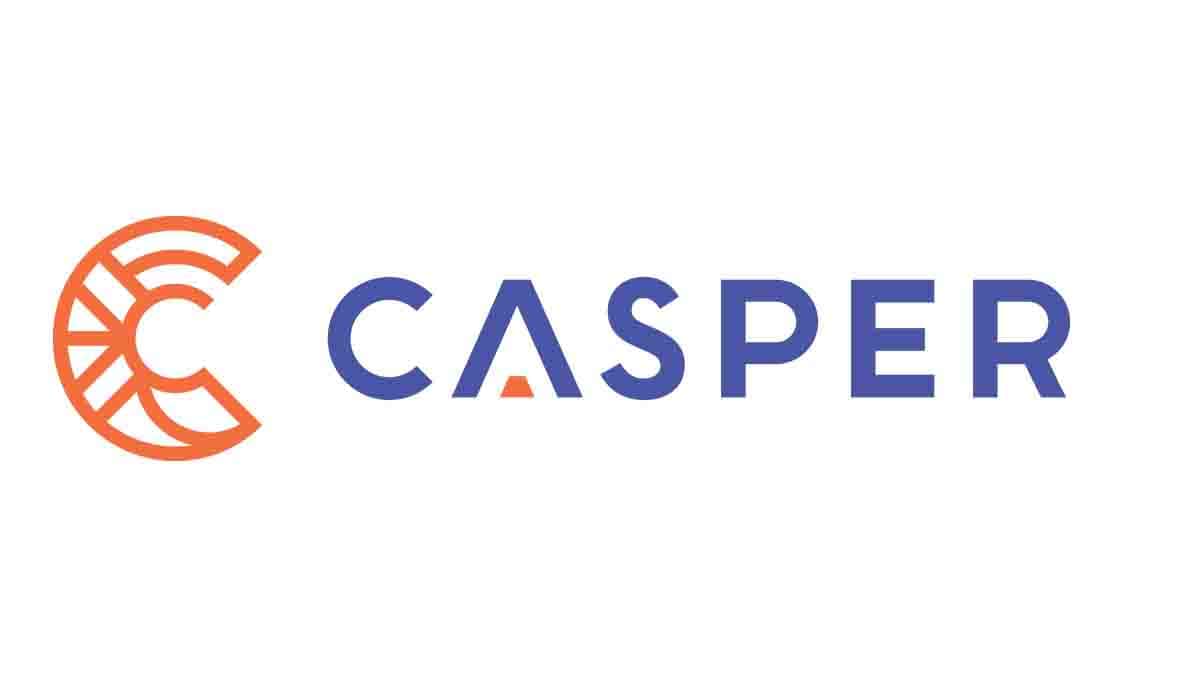When applying to different institutions, you can compare “Early Decision vs Early Action” and know which is the best application process for you.
The early decision (ED) or the Early Action (EA) would benefit those students who weighed their options well. In this article, I will explain the two application process, to help you select the best that can work for you.
Early Decision vs Early Action
Early Decision
If you use the early decision application, then you must attend that college once you are accepted. More than 400 colleges all over the world make use of this application.
Disadvantages of Early decision:
- Once the college has accepted you, you must attend it; this puts a lot of pressure on the student to make a best decision fast.
- You must withdraw every application submitted to other schools once you have been accepted through the Early decision application.
- It does not present you with the options to compare finances involved, especially if your family is not buoyant enough.
- You must send a non-refundable deposit to the school.
- If the college doesn’t accept you, you do not have enough time to send in other applications to other colleges.
If you must apply using Early Decision, then
- You must be sure that the college you are applying to is the best option you have got.
- You must have checked extensively and you have made your final decision.
- It should suit your specifications geographically and academically too.
- You must have gotten a very high score in your SAT or ACT exams.
- Your grades in high school must have been excellent over time.
Read this: How many Colleges should I apply to? Quick answer
Early Decision vs Early Action
Early Decision Schools
These are the list of the several colleges and universities that use the early decision mode of application.
- Suny Maritime College
- Alfred University
- Barnard College
- Colgate University
- Fordham University
- Hartwick College
- Ithaca College
- Marist College
- Skidmore College
- Union College
- Wells College
- Syracuse University
- Pitzer College
- Scripps College
- Trinity College
- Emory University
- Lake Forest College
- Wabash College
- Bates College
- Washington College
- Smith College
- Clark University
- Hamline University
- Cox College
- Duke University
- Miami University
- Reed College
- Grove City College
- Bryant University
- Rice University
Early Action
If you apply using the early action application, then you mustn’t attend the college even if accepted, and students receive an early response, unlike the early decision form of application.
Read this: How many Colleges should I apply to? Quick answer
Advantages of Early action
- You must not attend the college.
- You have other options if your best college didn’t work out as expected.
- They reply on time.
- You have enough time to sort out the finances needed.
- You don’t need to send a non-refundable deposit
Early Decision vs Early Action
Early Action Schools
These are the list of the several colleges and universities that use the early action mode of application.
- Hendrix College
- Biola University
- Menlo College
- Mills College
- Stanford University
- University of Denver
- Yale University
- Catholic University of America
- Lynn University
- Mercer University
- College of Idaho
- Illinois College
- Wheaton College
- Coe College
- Tulane University
- Thomas College
- Goucher College
- University of Maryland
- St John’s College
- Dean college
If you have any of these issues, you shouldn’t apply using the early decision or early action form.
- Not financially fit.
- If you have not done thorough research on which college to attend.
- If you haven’t got excellent grades.
Reasons why one ought to apply early
- So that when you get feedback, you won’t bother about applying to another college.
- This shows a level of seriousness in your academics and so your applications would be taken serious.
If you have carried out extensive research on the college you want to attend, and you are sure that you can pay the tuition fees one way or the other, then go ahead and apply.
Early Decision vs Early Action
Final tips:
These two methods have their advantages and disadvantages, but always choose the one that can work for considering your finances and other related factors.
The early decision shows that you are ready and fit to handle all the bills of going through school while the Early action gives you more time to run around for finances before attending your dream college.
Awesome one, I hope this article on “Early Decision vs Early Action” answered your question.





